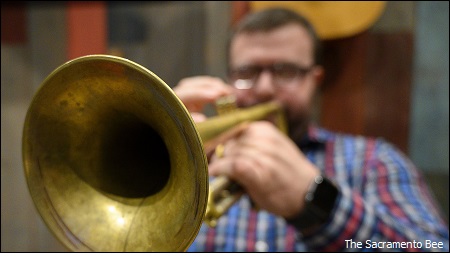
|
|

|
|
| April 24, 2024 |
|
California workers blame new labor law for lost jobs 
SACRAMENTO - A new law, Assembly Bill 5, has generated outrage from a wide range of Californians, from musicians to therapists to truckers and freelance journalists.
It requires businesses to classify more workers as employees entitled to benefits like sick leave and overtime pay. But some workers affected by AB 5 say it’s caused them nothing but grief and anxiety. One online media company, Vox, parted ways with 200 freelance journalists rather than hire them as full-fledged employees, the Sacramento Bee reported. Critics of the law are fighting back. Some have gone to court. Uber has vowed to challenge the law at the ballot box — while also changing its ride-hailing platform in an effort to have its drivers remain classified as independent contractors instead of employees. Supporters of the law say AB 5 extending benefits to “gig economy” workers means more of them are being treated fairly. But it’s having unintended consequences for organizations such as Swayze’s, leaving lawmakers scrambling this year to change the law. “Even when we passed the bill, we knew there were outstanding issues,” said Assemblywoman Lorena Gonzalez, the San Diego Democrat who wrote the law. “We’re continuing to take feedback and listen to folks.” The music industry is one that needs some relief from the new law, but there’s not yet agreement about what that should look like, Gonzalez said. Freelancers are suing over a limit on how many pieces they can write for a publication, which they argue violates the First Amendment. Even as Gonzalez wants to tweak AB 5, she and fellow Democrat Assemblywoman Christy Smith of Santa Clarita have a plan to spend $20 million in state funding to create grants that would support small arts nonprofits trying to comply with the law. Gov. Gavin Newsom is proposing a separate $21.5 million in the budget to boost compliance and ramp up enforcement of the law through the state’s justice department and labor agency. Swayze said paying for unemployment insurance, workers’ compensation and other benefits has increased the jazz co-op’s costs by 15 percent — a significant hit for an organization that runs on $85,000 a year in donations and ticket sales. She’s been reluctant to book any shows beyond March. “It’s kind of a mess. The musicians aren’t happy campers,” she said. Story Date: March 17, 2020
|